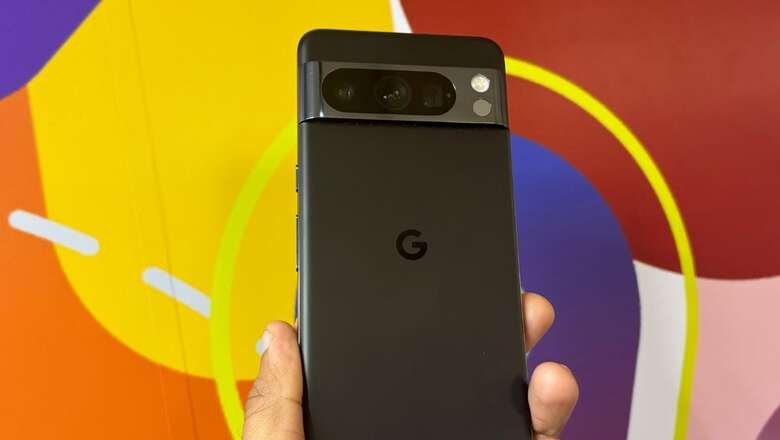
views
Google Pixel 8 series has once again got a wide launch this year, which includes markets like India where we also saw the Pixel 7 series launch in 2022. The Pixel 8 series promises to make further inroads into the world of AI on a smartphone that the whole world is now keen to experience.
The Pixel 8 Pro is once again the highlight of the lineup, not only because it packs one additional camera at the back but also comes with premium features which Google believes makes it a phone worth over Rs 1 lakh. Yes, there are some interesting upgrades on offer, not at least the new Tensor G3 chip which hopefully improves on the battery and thermal management front. But once again it is a matter of determining whether the new Pixels have enough in the tank to challenge the premium peers.
Google Pixel 8 Pro, Starring AI Camera
Google had a lot to share about the AI prowess of the Pixel 8 series cameras and the Pixel 8 Pro extends that capability with the telephoto lens. AI basically means you can create visuals from nothing, something that the Magic Eraser does quite well. You also have the option to edit audio from a video using the AI tech provided by the Tensor G3 AI chip (more on that later).
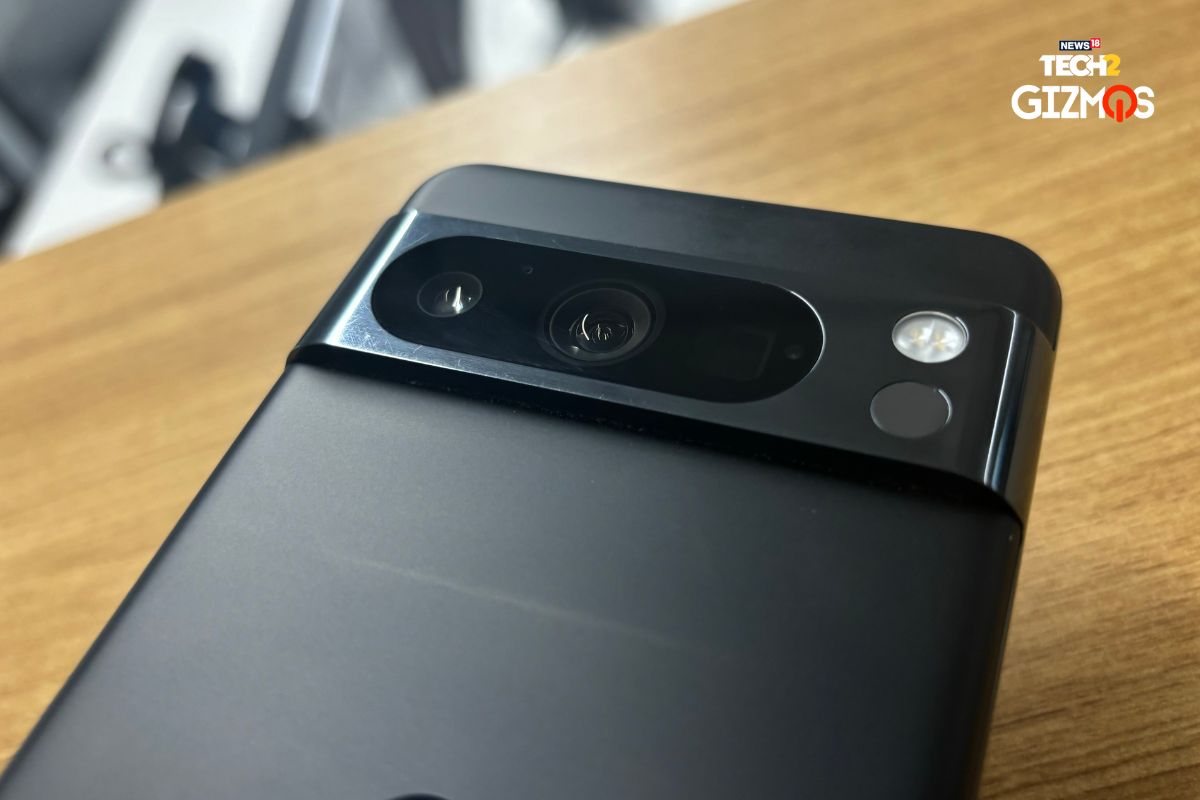
AI is also supposed to help you deliver longer battery life on the Pixel 8 Pro and other smartness essential to use a smartphone. The AI camera takes its time to process these alterations but Google is more keen to show us its might in this direction which could become faster and more effective in the near future.
Tensor G3 Chipset: Third Time Lucky?
Google decided to go in-house with its Tensor chips and truth be told the progress has been limited. Last year’s Tensor SoC was underwhelming in different ways so we were hoping for a better return with its successor. Tensor G3 is definitely a lot more reliable than the G2 but the benchmark wasn’t hard to beat, however, when you compare it with the other SoCs from Qualcomm and even Apple’s A-series chip, the performance levels feel more tuned to a semi-mid-range phone than a flagship.
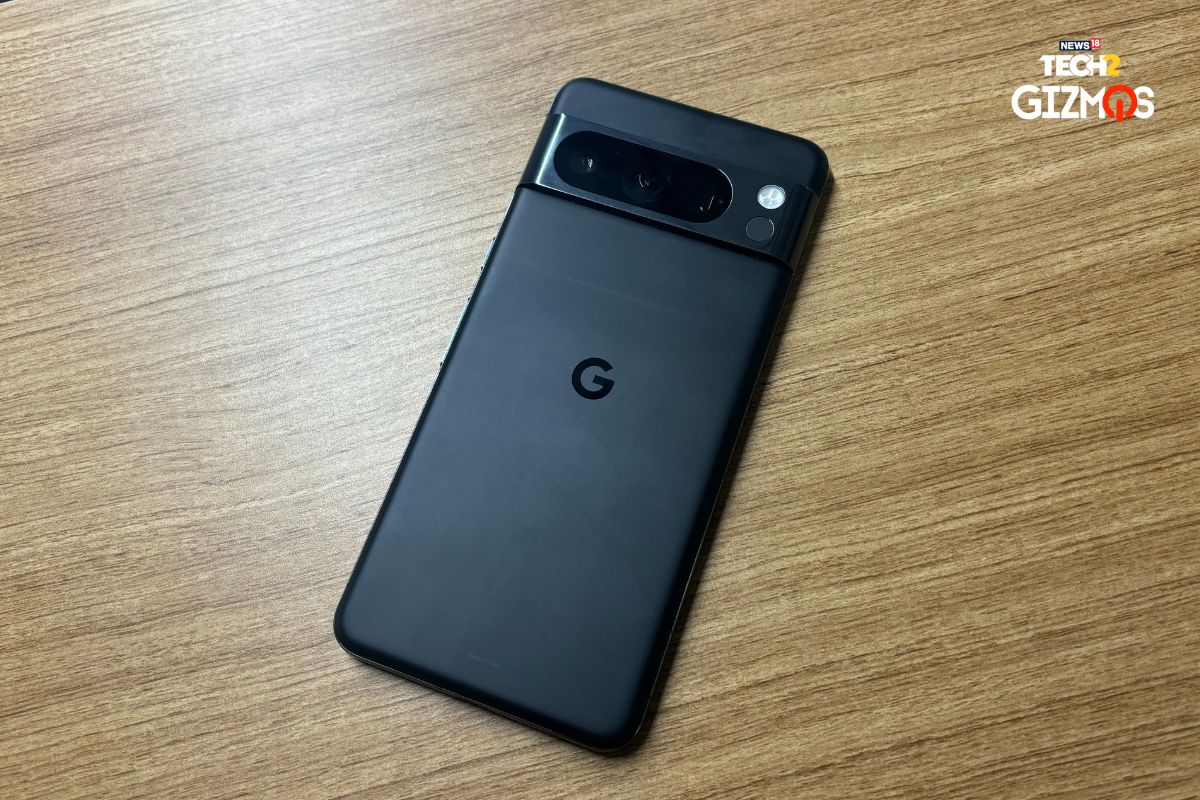
We noticed the heat levels aren’t that concerning this time, which means the cores in the chipset are doing a better job of managing the heat. But it is hard to associate the Pixel 8 models with the G3 as an iPhone 15 Pro rival, at least when it comes to performance which has been made obvious by various benchmark tests.
Effective Design Changes
Compared to the Pixel 7 series, the new Pixel phones have some design changes that do help with better grip and handling.
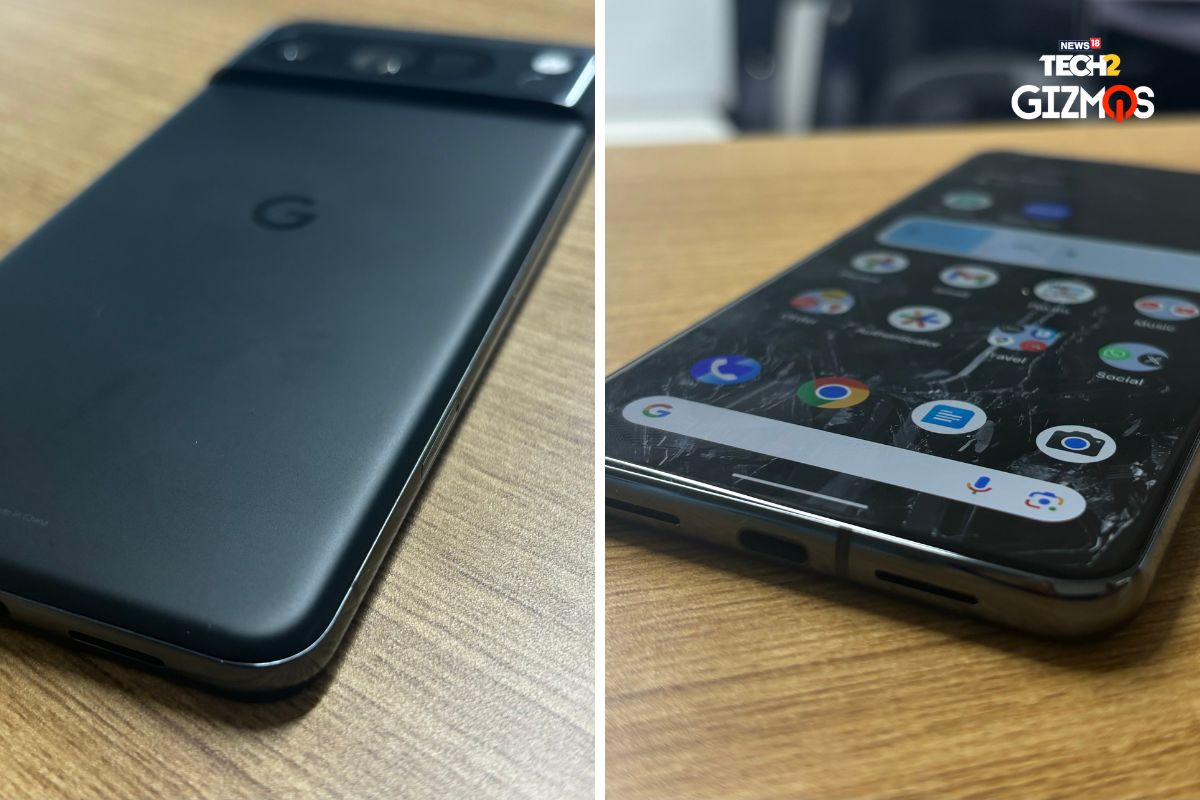
The curves on the edges and the use of matte finishing on the back panel make the phone more durable and also prevent it from easily catching smudges and also make it less slippery than the Pixel 7 Pro. The overall balance of the device is also much better which is crucial when you have a large capacity battery packed inside.
Actua-lly Good Display
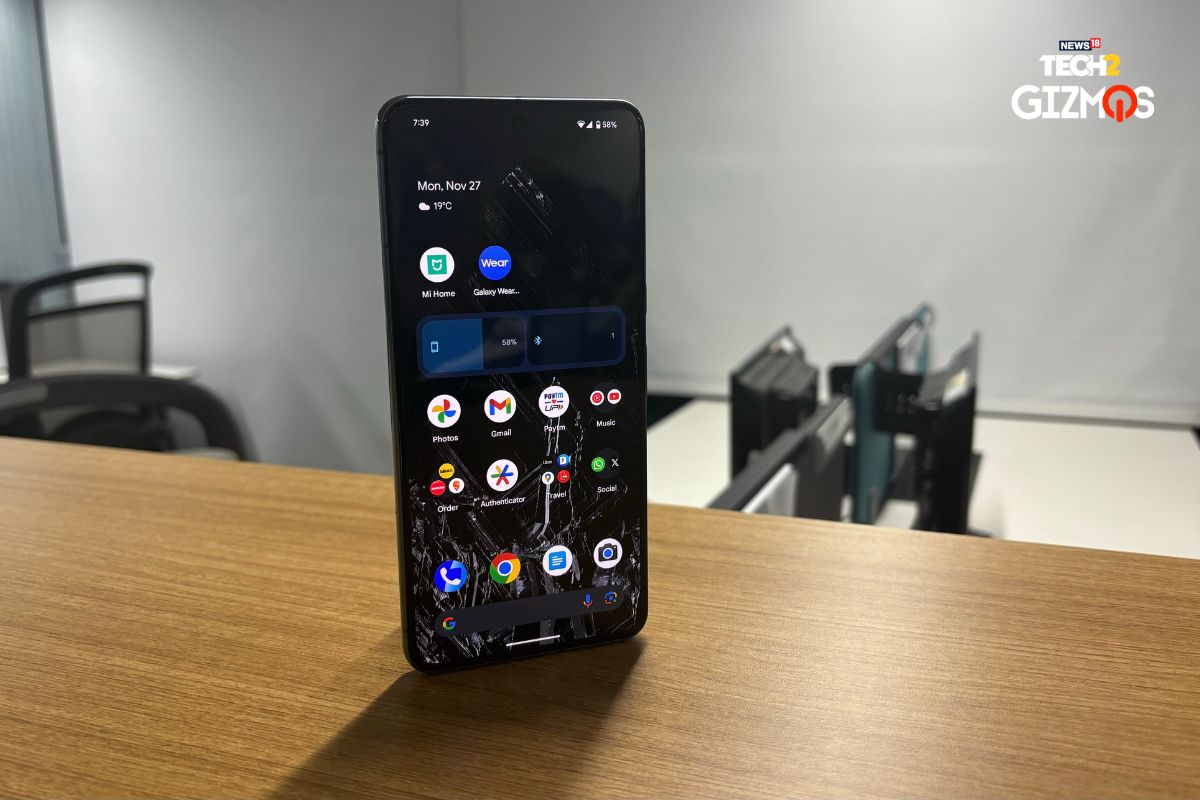
Google pointed out that it is using a new Actua display panel on the Pixel 8 series and we must say the Pixel 8 Pro screen is definitely flagship-grade. It goes up to QHD+ resolution with a 120Hz refresh rate screen which delivers smooth and fluid touches and navigation is seamless as well.
How Does Battery Fare?
Pixel 8 Pro does better than the 7 Pro with its battery life and thanks largely to the new Tensor G3 managing heat better. Having said that, the Pixel 8 Pro delivers an average screen-on-time of around 5 hours which is nowhere near the other giants in the premium market.
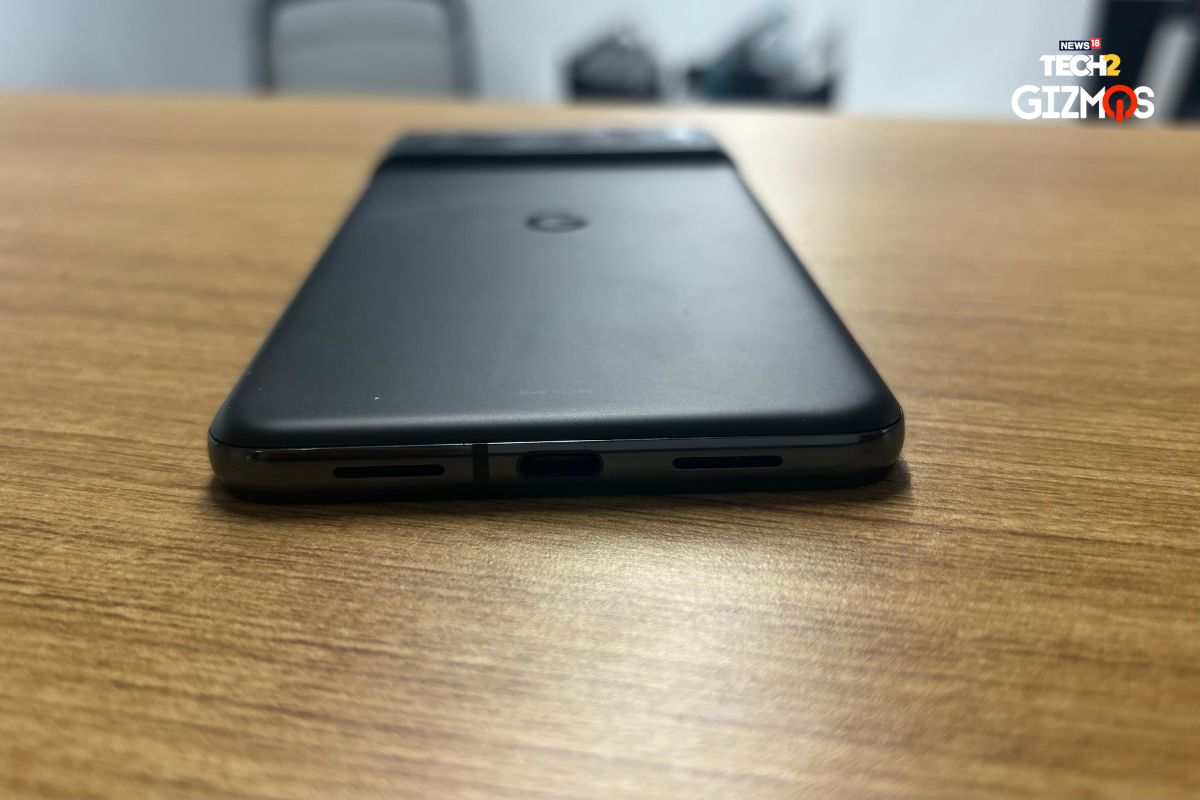
Add to that, you don’t get fast-charging speeds which means the phone is plugged to the charger for a longer time than say the likes of the OnePlus 11 which supports over 80W charging speed. The 8 Pro now supports 30W wired charging speed, which is higher than the 27W speed offered with the Pixel 7 Pro last year.
What About Everything Else?
Pixel 8 Pro features 12GB RAM with the Tensor G3 chipset and you get storage options up to 256GB in India this year. The whole hardware package allows you to perform most of the tasks, including gaming without much fuss, however, the levels aren’t comparable to other flagship devices as we mentioned earlier.
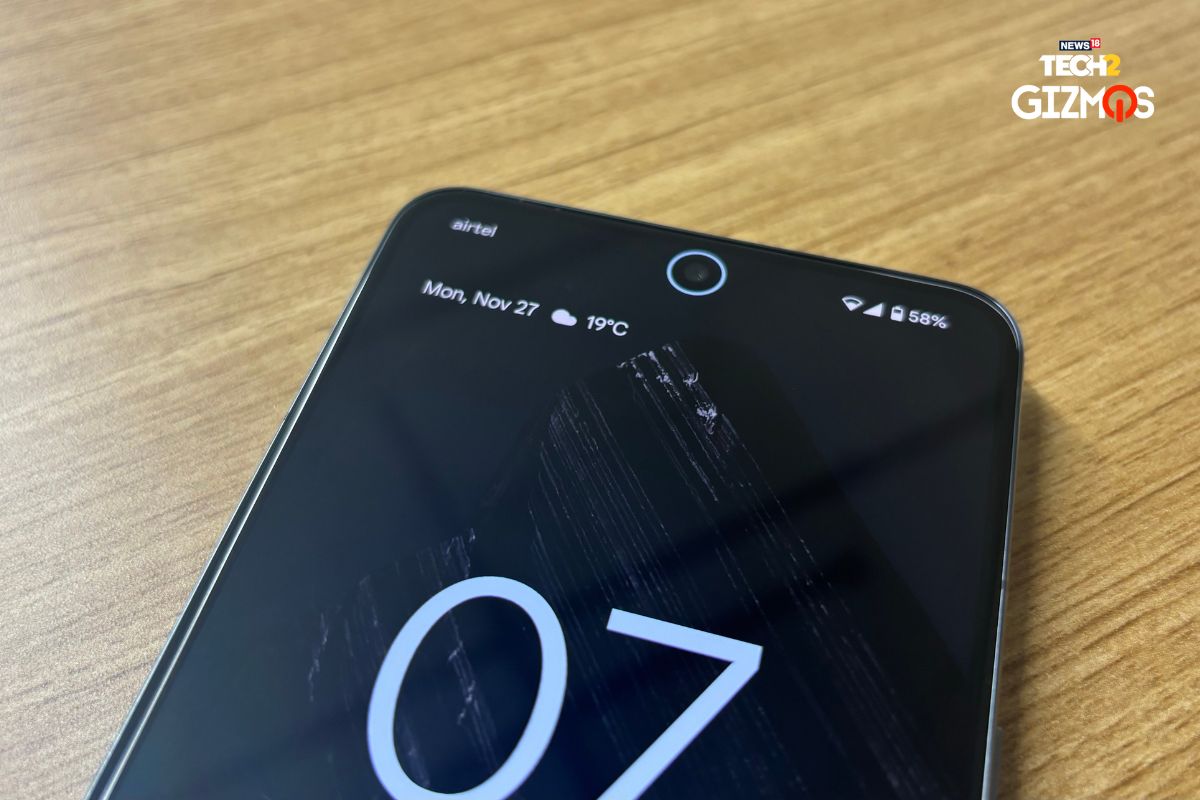
It just feels like Google is still playing catch up with the Tensor G3 especially with the G2 pushing them two steps back from the competition. The face ID feels more reliable but it falters the moment the light is low near you, something that doesn’t happen with Face ID on iPhones because of its dedicated camera sensors. The fingerprint sensor is still a mixed bag and might need multiple attempts to unlock.
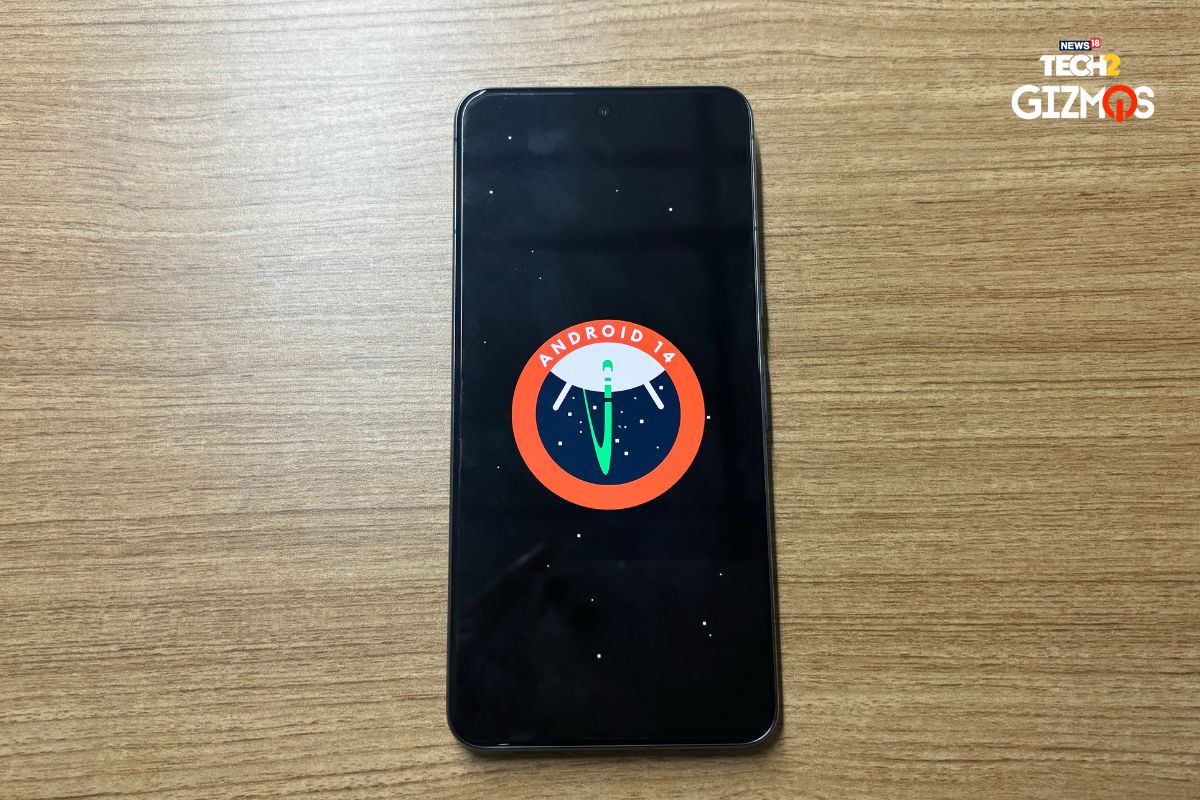
Google also surprised one and all by confirming that the Pixel 8 series will get 7 years of OS and security updates. That means this Pixel phone will run for you till 2030 but here’s the worry, will the Tensor chip hold up till then and if so, how much can it handle in terms of the tasks that continue to be pushed at a phone.
All these things clearly say that the Pixel 8 Pro is a big improvement on the Pixel 7 Pro but the challenge is to look at the competition and that’s where the new device lags on multiple fronts.











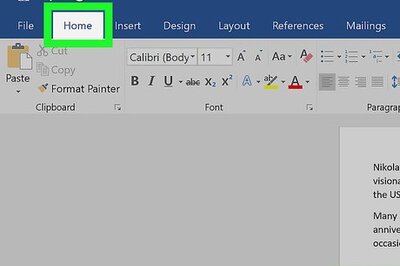








Comments
0 comment